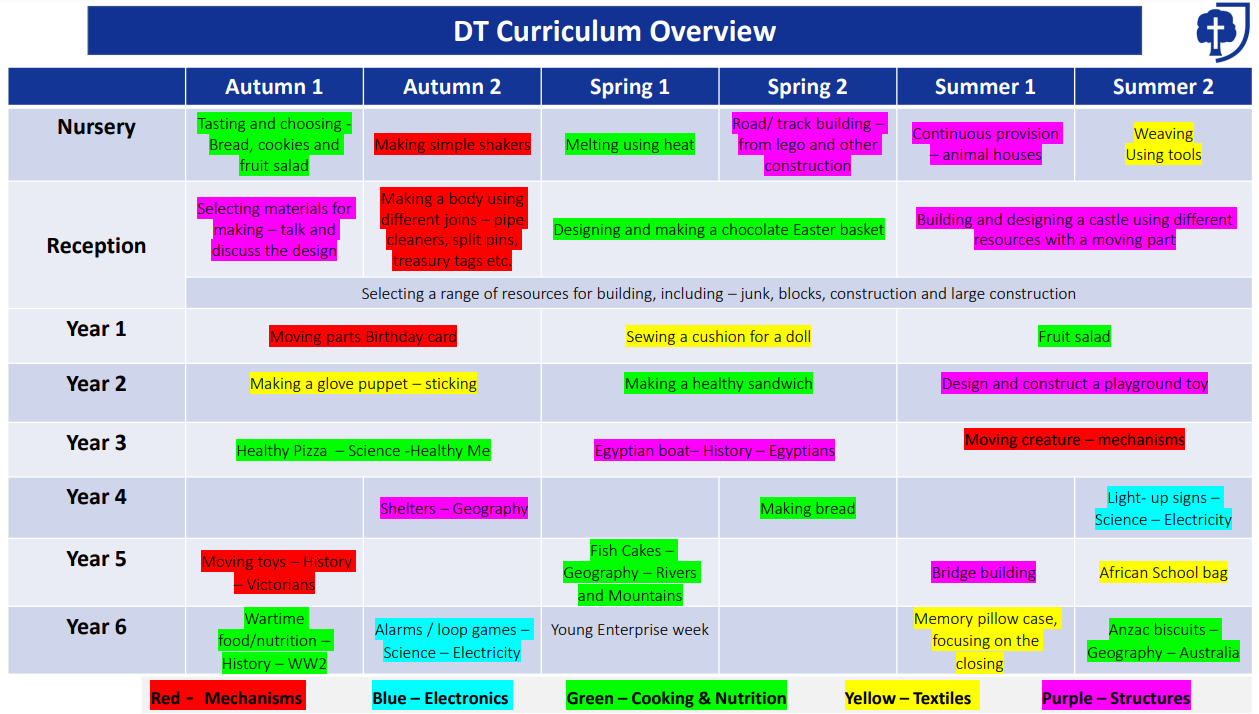Design and Technology
Design and Technology Intent statement
Why do we teach Design and Technology?
‘Design is not just what it looks like and feels like. Design is how it works.’ - Steve Jobs
Design and technology at Didsbury CE is an inspiring, rigorous and practical subject. Design and technology, like science, helps children to make sense of the world in which they live and the fact that it is all around them in the form of buildings, structures, shapes and materials. Using creativity and imagination, pupils design and make products that solve real and relevant problems within a variety of contexts, considering their own and others’ needs, wants and values. They acquire a broad range of subject knowledge and draw on disciplines such as mathematics, science, engineering, computing and art.
At Didsbury CE we help the pupils learn how to take risks, becoming resourceful, innovative, enterprising and capable citizens. Through the evaluation of past and present design and technology, they develop a critical understanding of its impact on daily life and the wider world. Our high-quality design and technology education makes an essential contribution to the creativity, culture, wealth and well-being of the nation, supporting our pupils to engage in their future careers.
A curriculum for life for all
We are proud of the fact that the ambitious DT curriculum at Didsbury CE plays a vital role in equipping each child with the skills and knowledge needed to take advantage of opportunities in later life. We build upon the great experiences and knowledge that lots of children start with, building in knowledge about the transferability of problem-solving skills, as we know that these skills 'open doors' to many future careers. Teachers also use precise questioning in class to challenge and assess children regularly to identify those children with gaps in learning, so that all children, keep up with the challenging DT curriculum.
The exploration, enquiry and evaluating opportunities that thread through our curriculum equip our children, whatever their social background, the soft skills such as critical thinking and teamwork that are vital to success in 21st century Britain.
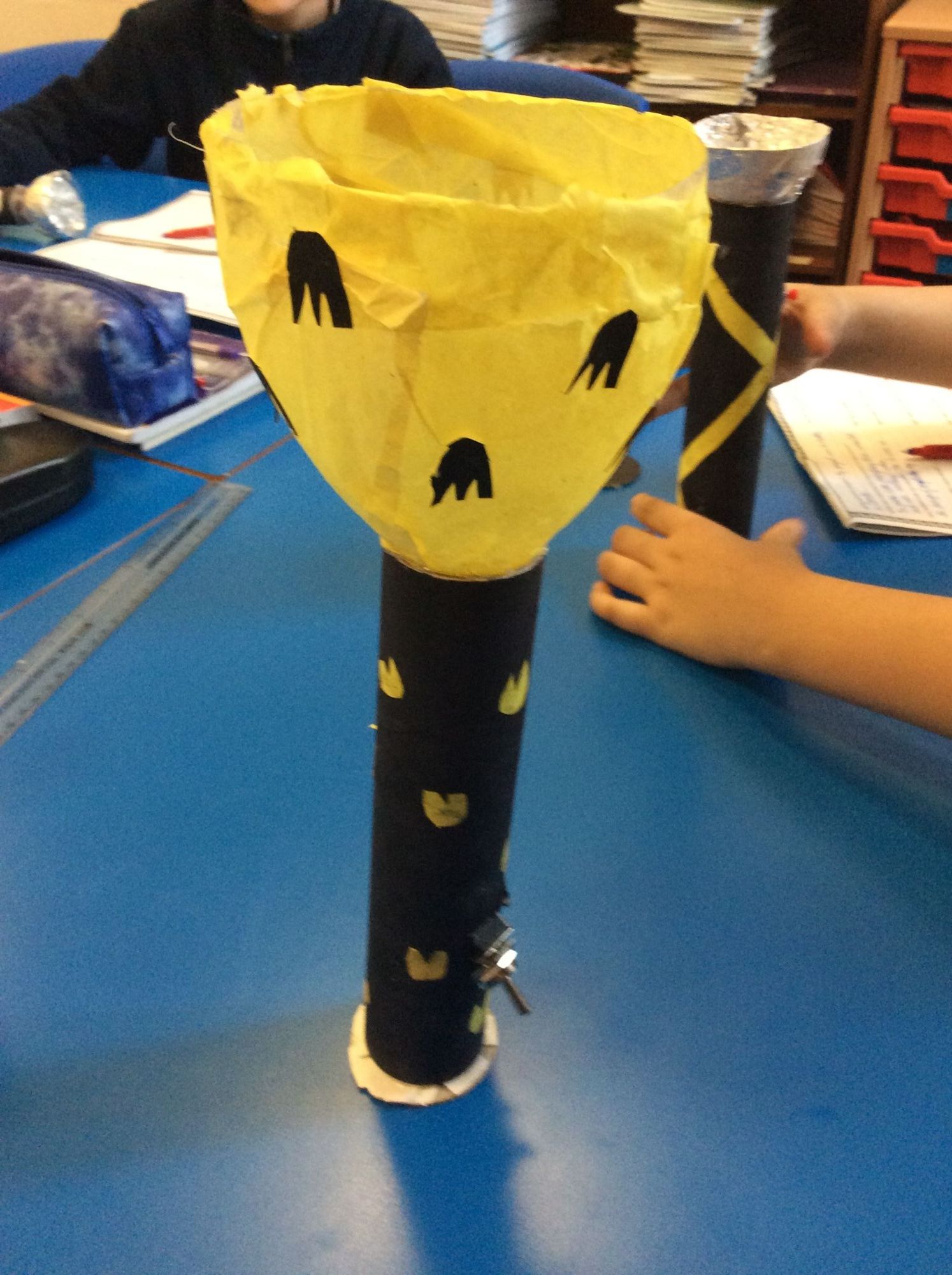
Curriculum end points
The DT curriculum is designed with clear key knowledge end points at the end of each year, which are then built upon in a spiral curriculum. We build upon the learning and skill development of the previous years. As the children’s knowledge and understanding increases, and they become more proficient in selecting, using equipment, exploring different design ideas, they become increasingly confident in their growing ability to create their own designs which match the design brief.
Curriculum planning and sequencing
At Didsbury CE we strive to equip children with the design, making and evaluative skills to understand our modern and fast-changing world and have a positive future impact on it through becoming creative and versatile thinkers!
In Early Years and Key Stage 1, we develop pupils' technical knowledge through building structures and exploring how different mechanisms work. Pupils also start learning to cook food and investigate nutrition. In addition, they start to learn the basic principles of healthy eating and understand where an increasing range of food comes from.
In Key Stage Two, children build and expand on the technical knowledge they acquire and use a range of mechanical systems in their products, including electrical devices and components. Children also learn to refine a range of cooking techniques and learn in more depth about the principles and importance of a varied and balanced diet. Furthermore, children examine seasonality as well as explore how ingredients are sourced, grown, reared, caught and processed.
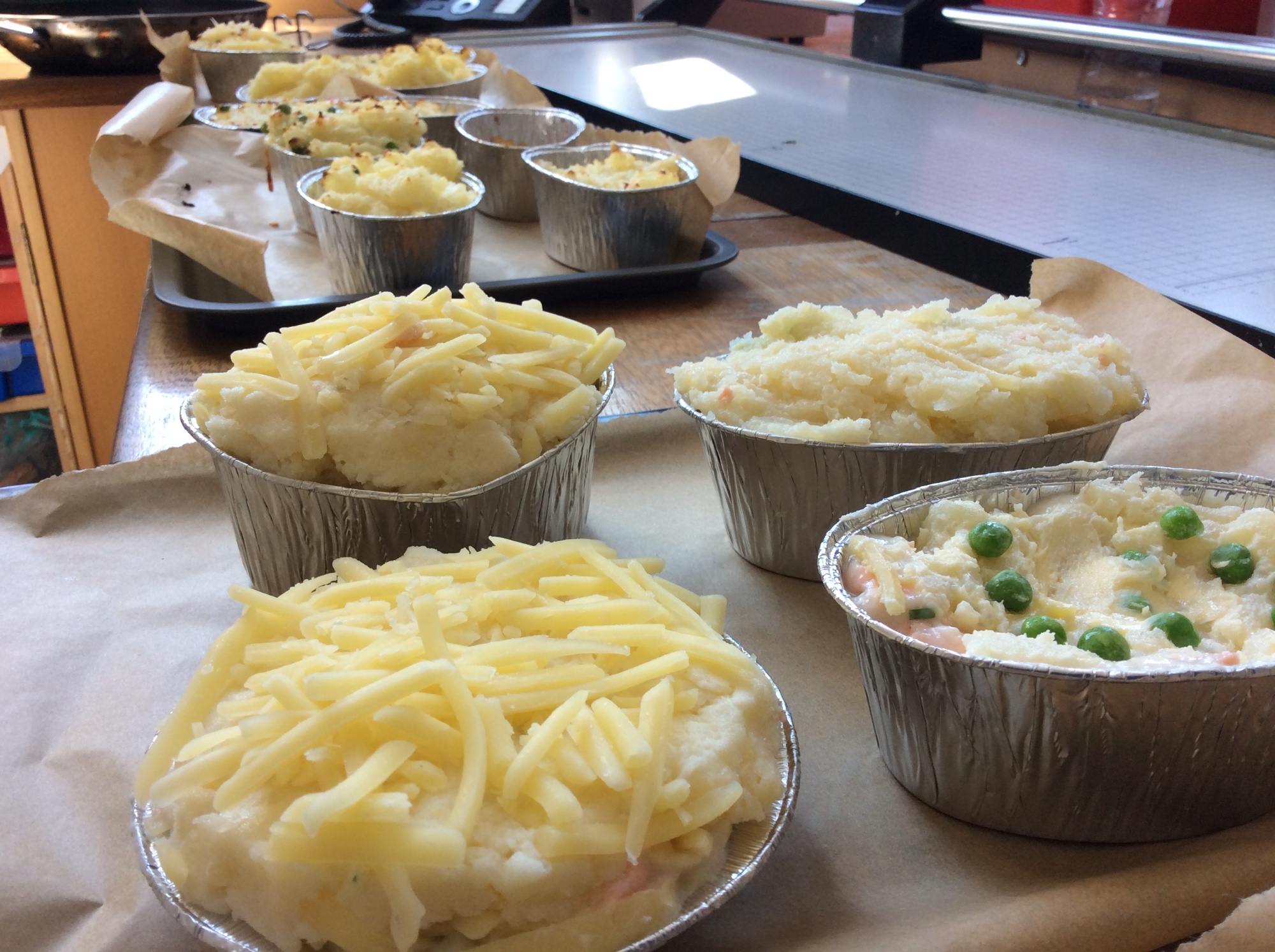
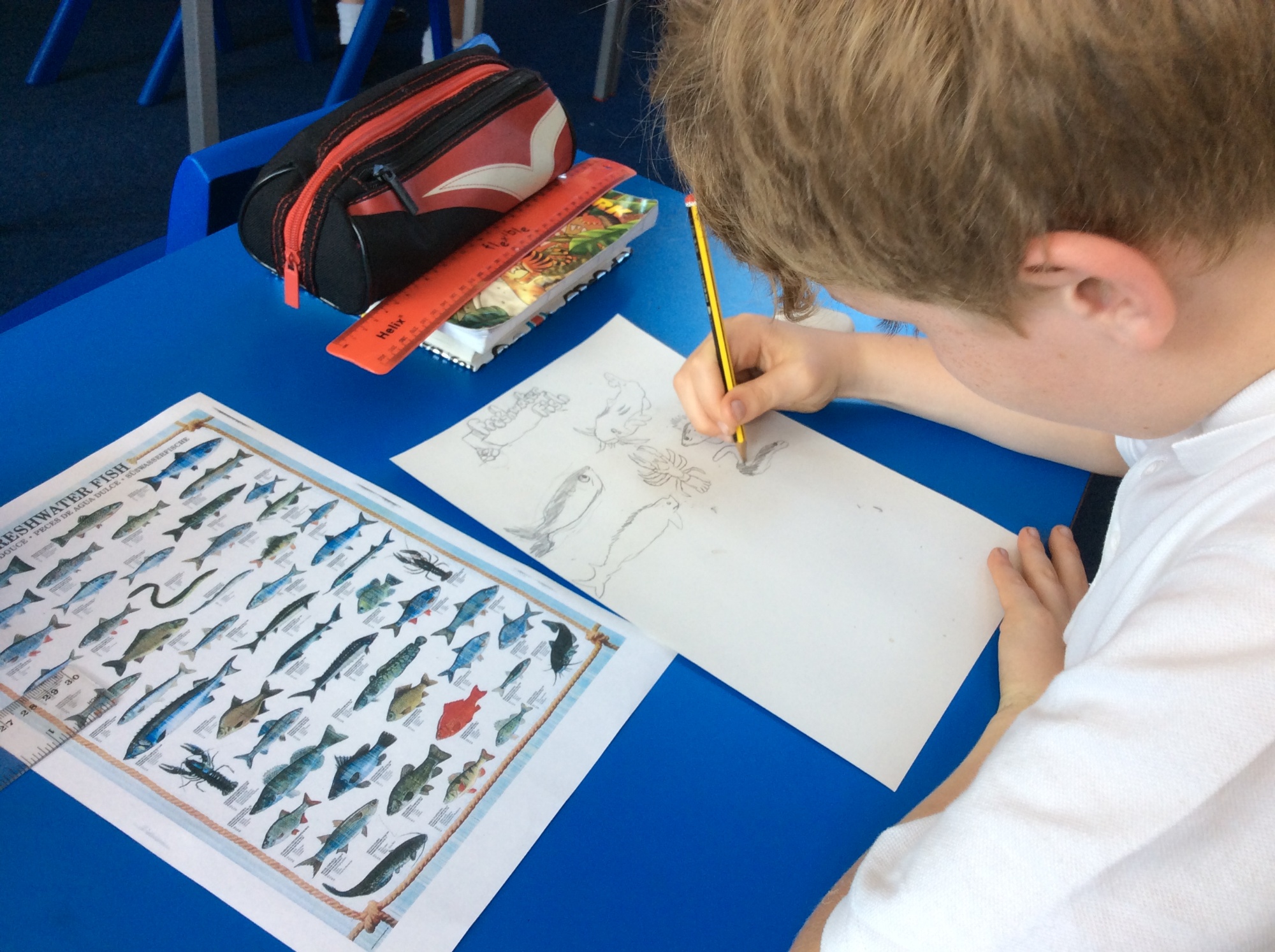
Reflecting the local context
Children have visits from local STEM ambassadors, usually linked to Manchester Univeristy, who help instil in them the understanding that technologists and engineers can be any age, culture, and even from their local area. STEM ambassadors have also been on the panel of judges to listen to the presentations of the Year 6 groups competing in our Young Enterprise week. We have also visited The Museum of Science and Industry (MOSI) where the children have an opportunity to see and hear some of the machinery that helped forge modern Britain.
A broad and balanced curriculum
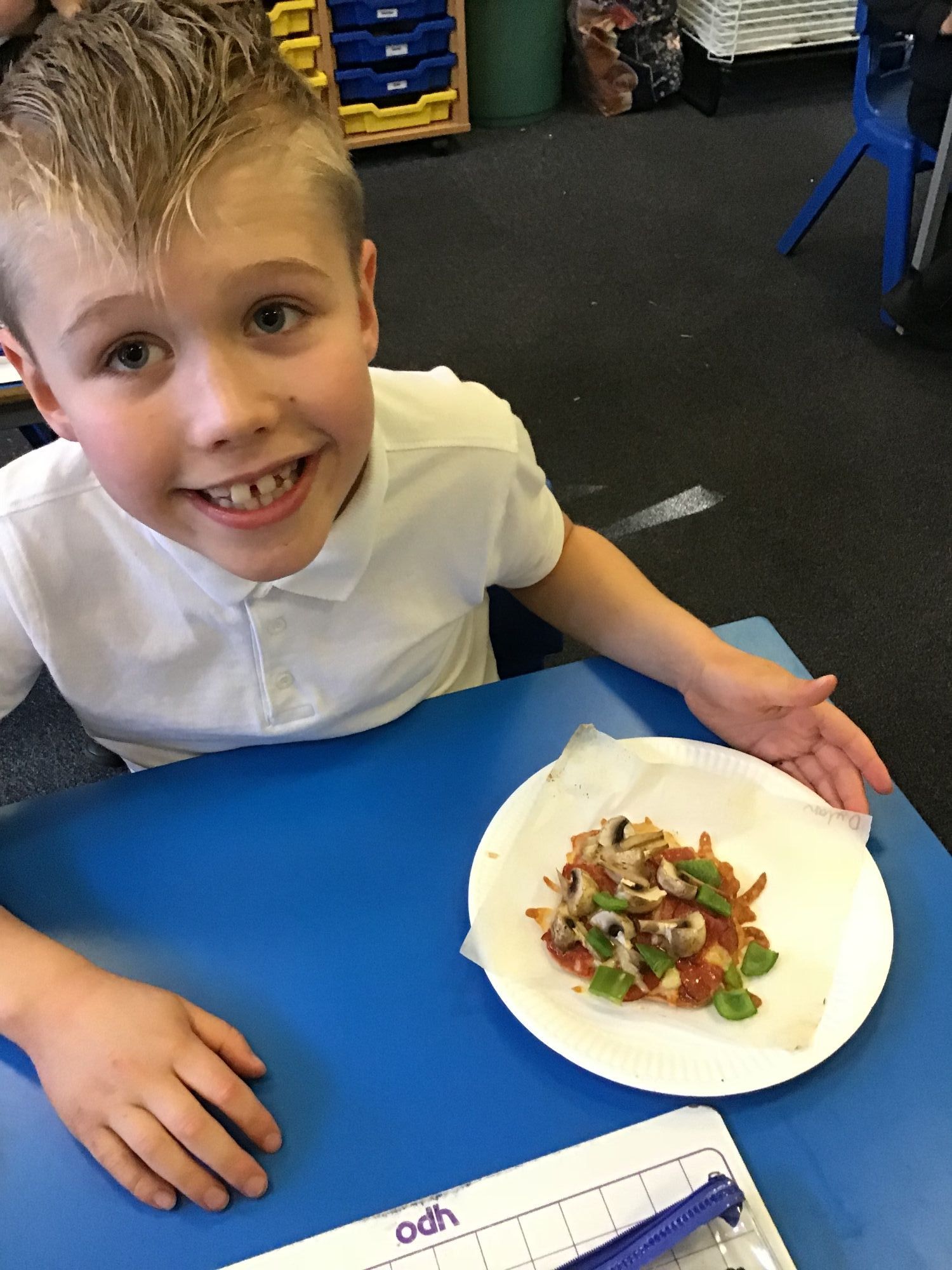
At Didsbury CE children study DT once every term, this mainly consists of a full practical day as well as a number of lessons in the build-up to this day as well as sessions afterwards when the children evaluate what they have produced. Broadly speaking, the six main strands in this subject are: STRUCTURES, ELECTRICALS AND ELECTRONICS, MECHANICS, TEXTILES, COOKING and NUTRITION and MATERIALS. Each of these strands has a theme or question to be explored and investigate. It can be a wonderful 'tool' for weaving subjects together and bringing learning alive! In DT we ensure all children have access to have hands on experimental experience where they are allowed to ‘get things wrong’, developing resilience and learning from these mistakes. We have always been committed to providing a broad and balanced curriculum that is not narrowed in end of key stage years. We passionately believe that the DT curriculum builds upon the skills and knowledge of the core subjects. For example, the DT curriculum gives opportunity for high level enquiry work, building upon what children have learnt in Science.
High academic ambition
Pupils acquire a broad range of subject knowledge and draw on disciplines such as mathematics, science, engineering, computing and art. Pupils learn how to take risks and innovative. Through the evaluation of past and present design and technology they develop a critical understanding of its impact on daily life in the wider world.
